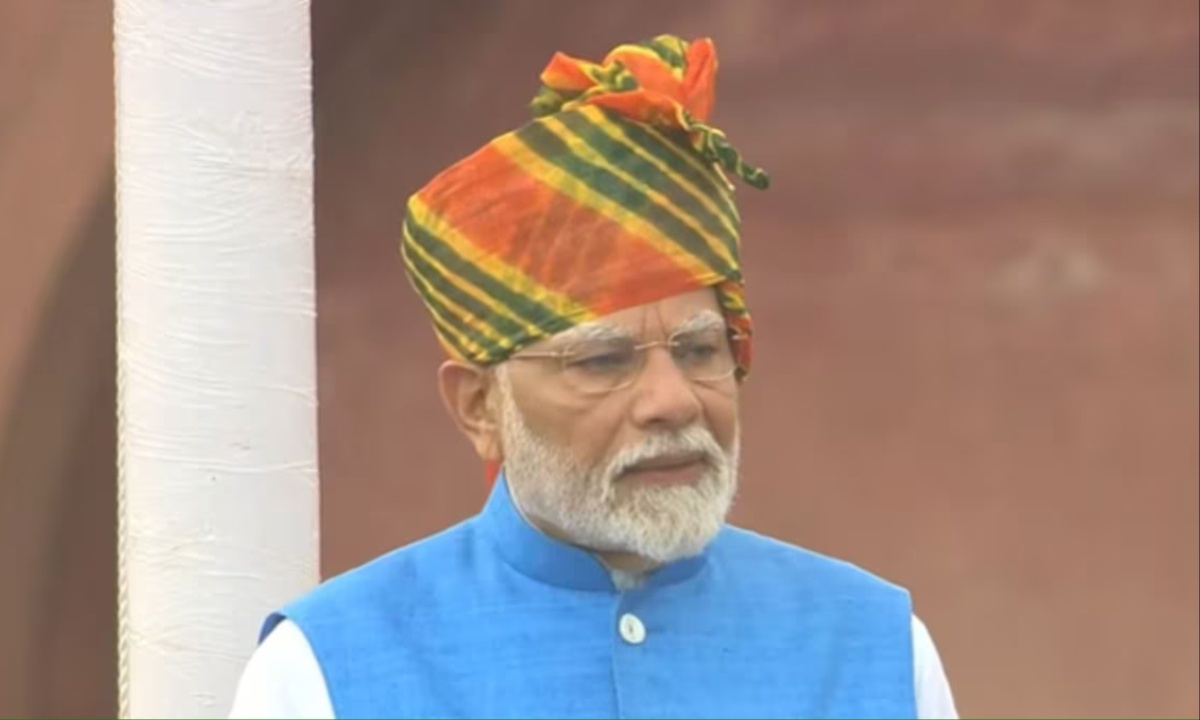Prime Minister Narendra Modi commended India’s leadership in addressing climate change, asserting that it stands as the only G20 nation to have fulfilled its climate commitments ahead of schedule. These targets were part of the 2015 Paris Agreement, which outlined global strategies to combat climate change and promote sustainability.
Speaking from the Red Fort in Delhi during the Independence Day celebrations, Modi emphasized India’s dedication to these environmental goals. The Paris Agreement, adopted by 196 nations and organizations, serves as a binding international treaty to mitigate climate impacts. Modi noted that India successfully achieved its initial Nationally Determined Contributions (NDCs), meeting these obligations well before the 2030 deadline.

Modi Hails India as the Only G20 Nation to Surpass Climate Goals Ahead of Schedule
India’s early success includes reducing the emissions intensity of its GDP by 33 to 35 percent from 2005 levels and ensuring that 40 percent of its electric power comes from non-fossil fuel sources. These achievements reflect India’s commitment to shifting towards renewable energy and reducing its reliance on fossil fuels.
In 2022, India raised its climate goals, further intensifying its efforts. The updated NDCs aim for a 45 percent reduction in emissions intensity from 2005 levels by 2030 and a 50 percent share of non-fossil fuel energy in total electric power capacity by that year. This commitment strengthens India’s role in leading global climate initiatives.
